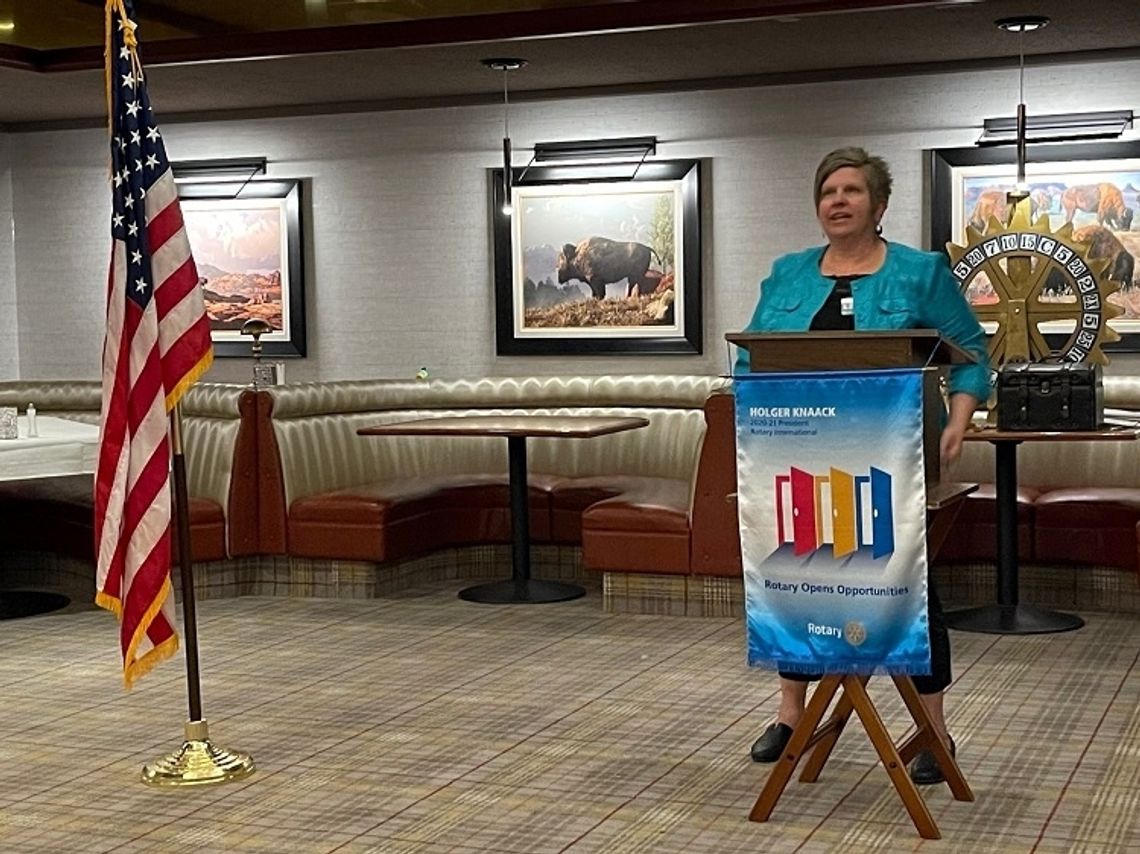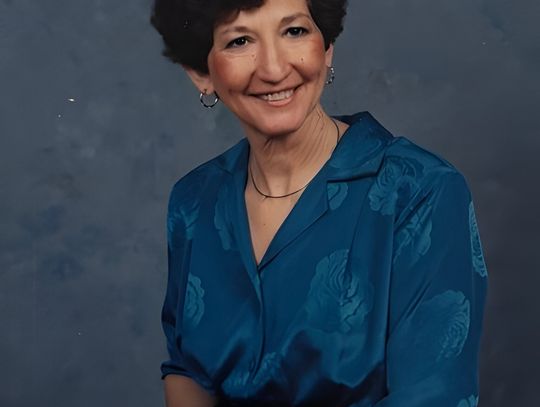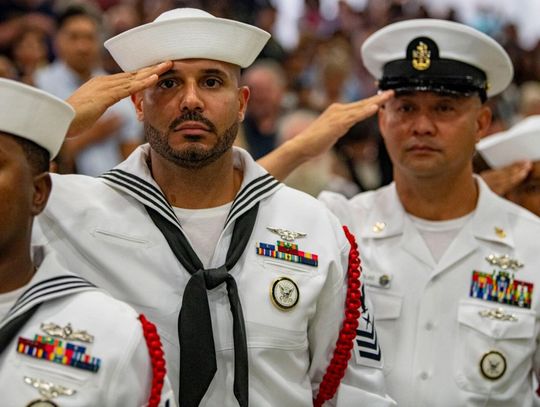For local students in the Churchill County School District, the past 14 months have been a roller coaster of experiences; new learning techniques and awkward learning environments, all at the mercy of the adults in the same situation faced with making the best decisions they could using variables completely out of their control.
This week Superintendent Summer Stephens talked about the “Lessons Learned” with the Fallon Rotary club, where she reflected on the past 14 months saying, “Kids are ridiculously amazing people, and we don’t set school up to realize how awesome they are and that’s what we want for kids.”
Over the past three years, the district has been working on “amazing things” which set up children to be successful in the uncertain time that came with the COVID situation.
Addressing the “right steps, the sidesteps, and some missteps,” she said she has been fortunate to walk into a district that wants to keep transforming and moving forward for kids and make sure they are ready for the changing world.
During the changing environment of COVID, all staff and students throughout the district experienced many of the same things, but some schools fared better based on several different factors. Stephens said her experience with many committees at the state level gave her an outlook into how other districts handled the situation, and “our district suffered the least amount of stress and had the most satisfied teachers and students and we ended up with great outcomes.”
She talked about the first meeting that was held to address the pandemic on March 15, 2020, where community leaders came together to address the emergency “for the next two weeks” which turned into two months and then eventually lasted to the end of this school year. “We strategized about how to best handle the situation, and do that while we're still transforming our system because we did not feel like we should stop that important work.”
Stephens said the right steps the district had were improved communication with a new website, weekly newsletters to families, social media, and direct phone calls to parents. The hybrid schedule was also considered a success, with Churchill the only district in the state taking this approach, teachers were able to maintain daily in-person contact with their students. “We know this was a hardship on many parents and we appreciate all the help we received from the community” She also said one of the benefits was, “a complete obliteration of behavior issues at school. By Christmas time there would have been nearly 500 referrals to the office for behavior at the middle school – there were 40.” Smaller class sizes allowed teachers and students to develop good relationships and attendance increased. Although many students were full-time online – 27% of elementary students – there were several teachers fully dedicated to those learners. Although the middle school had a “rough first semester, they are rolling now with 50 to 60 students full-time online.”
Foodservice was a feat during the pandemic, with the district able to serve breakfast and lunches to anyone in the community younger than 18 years old. The food service contractor, Chartwells, served nearly 630,000 meals over the past year.
Stephens said the district did experience on misstep throughout the pandemic, that being serving the 899 students who chose the full-time online option. “We were not prepared,” she said. Although the online program is aligned with the standards, it is extremely rigorous and does not allow for adjustment. Many students struggled to complete their classes and meet requirements. This summer there are 200 elementary students signed up for summer school and the district will be working with middle and high school students on credit recovery.
The sidesteps Stephens characterized as being able to keep the strategic planning process moving forward and continuing to focus on the goals of the district. Although there is ample federal funding coming to districts in the form of COVID relief, the challenge is “finding bodies,” said Stephens. “There are not a lot of them, there are not enough teachers.”
During the budgeting process, the board of trustees identified their top priorities as keeping class sizes smaller and bringing back specials to the elementary school. In response to that, and using the COVID relief dollars, Stephens said the district will be bringing back P.E. to all three elementary schools, along with Art and Music positions that will be shared by EC Best and Numa. “Of course, this is a risk, and the question is when these will go away, but we will find a way to keep them,” said Stephens.
In addition, Stephens said there are 19 CTE (Career and Technical Education) classes, including teaching and training, welding, and multi-media. Additionally, the district is working on an intern program with Churchill Economic Development Authority, Oasis Academy, and WNC that will provide work-based learning experiences for students and build in more robust training opportunities. Students will earn credit for their experiences, and if funding opportunities come through, students will receive pay as well.
“What we learned,” said Stephens, about the experience of the past 14 months, “is that kids are resilient. We were on a good path that allowed us to move quickly to implement a plan, the profile of a learner is a good model for the attributes that students need, and we have good people in the district willing to do whatever it took to make learning happen for students even when it didn’t make sense.” She said the most important thing district staff realized is there is more than one way to do anything, and while “people are worn out, we are ready to do it all again with the new twists and opportunities.”








































Comment
Comments